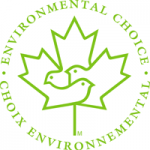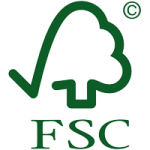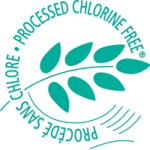Reducing your paper use and purchasing paper with recycled content can help to save precious resources, and reduce UBC's carbon offset costs.
Producing paper is very resource intensive and requires a lot of energy, water, and raw materials. As per provincial legislation, UBC must buy carbon offsets for all office paper purchased.
When purchasing office paper through UBC's preferred paper supplier (Staples Professional), choose paper with a minimum of 30 per cent post-consumer recycled (PCR) content, or alternative fibre paper.
- Reduce your paper use
- Alternative fibre paper products (e.g. wheat straw paper)
- Paper with 30-100% post-consumer content
- Paper with FSC certification
- Chlorine free paper
- Bulk purchases or consolidated paper orders
- Virgin paper or paper with less than 30% post-consumer content
- Plastic and excessive packaging by purchasing in bulk, or consolidating orders
- Unsustainably harvested wood resources (i.e. products without eco labels)
- Paper produced far from where it will be used, unless it is made with alternative fibres
Comparing 2 boxes (20 reams) of the following levels of post-consumer recycled (PCR) content paper, or alternative fibre paper over virgin paper, has the following environmental benefits.
Resources saved by purchasing recycled content and alternative fibre paper
| 95% Wheat Straw | 100% PCR Paper | 50% PCR Paper | 30% PCR Paper |
|---|---|---|---|
|
|
|
|
Environmental impact estimates were made using the Environmental Paper Network Paper Calculator Version 3.2.1. Wheat Straw data obtained from TruCost Plc's lifecycle analysis of WheatSheet for Social Print Paper.


